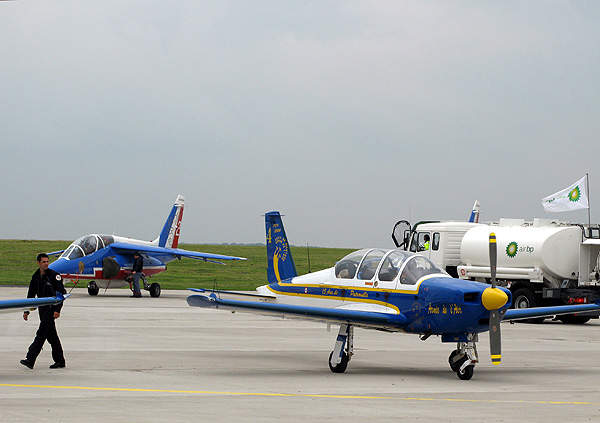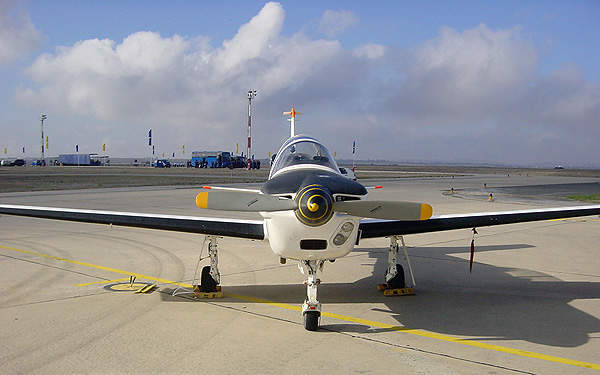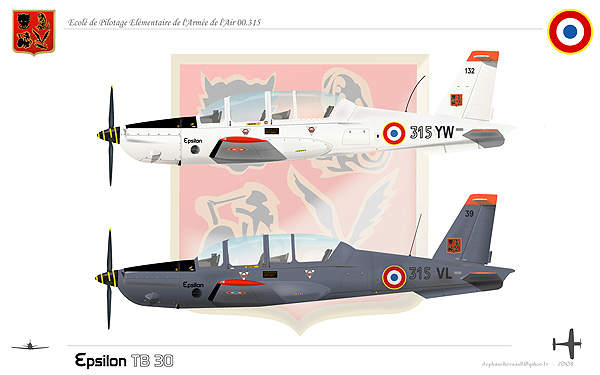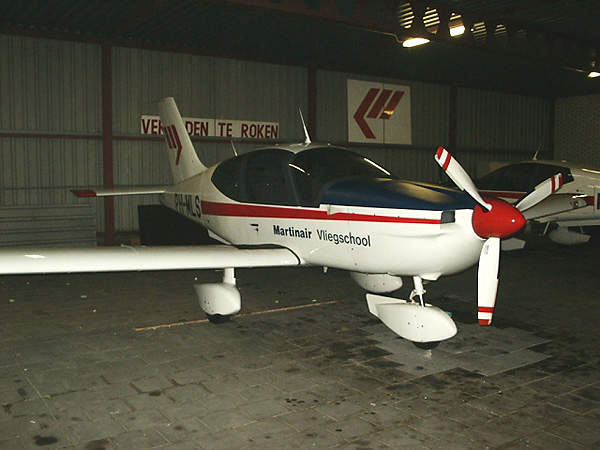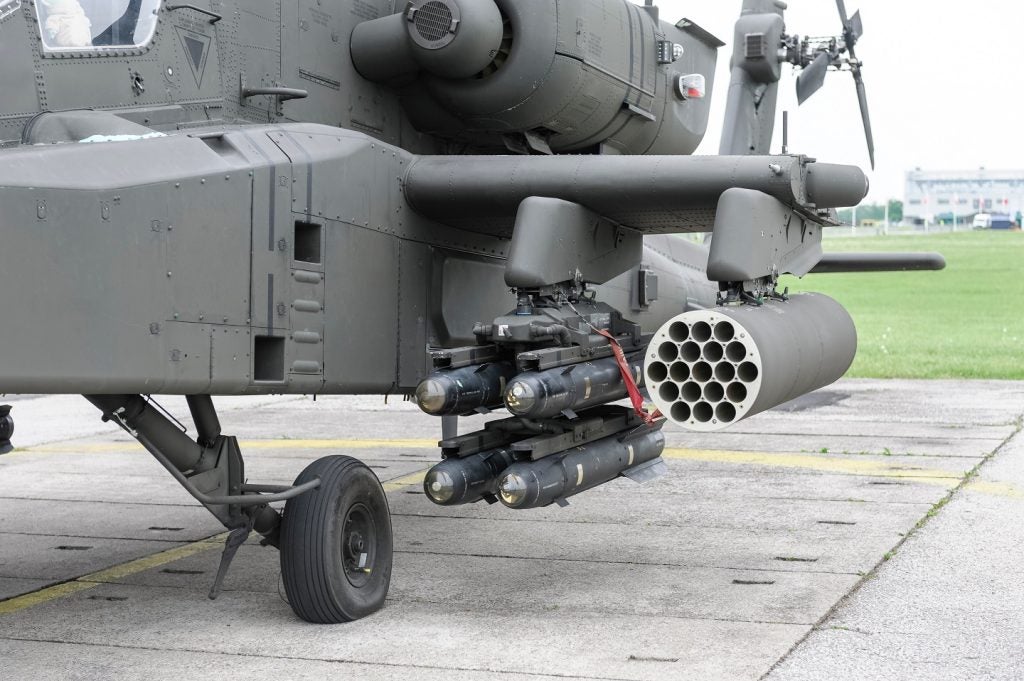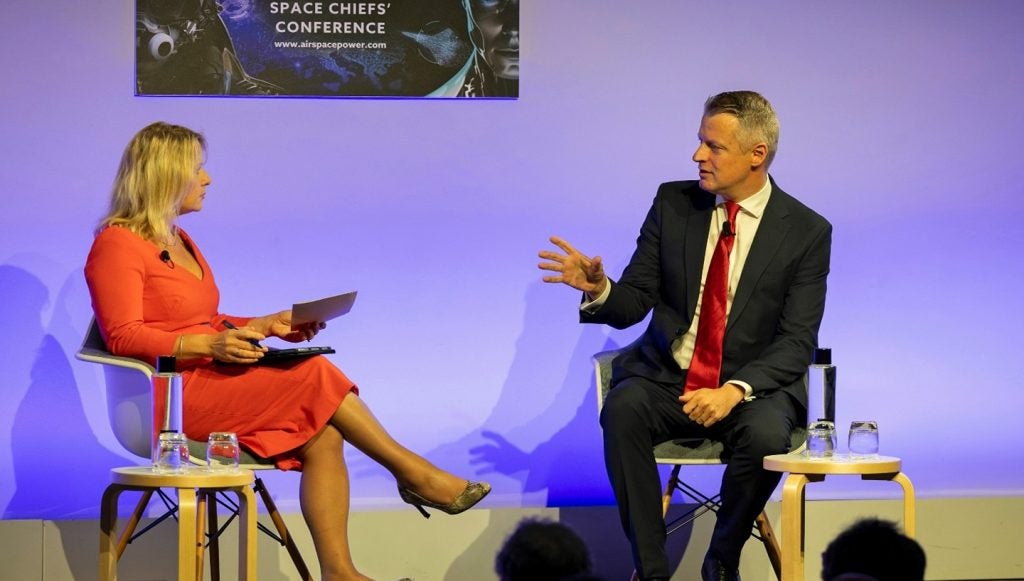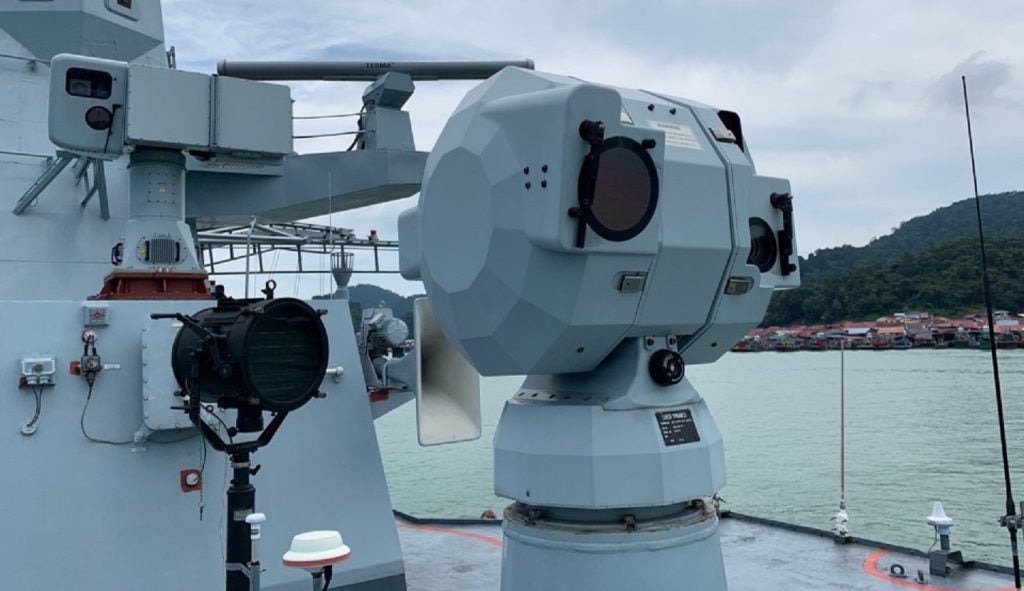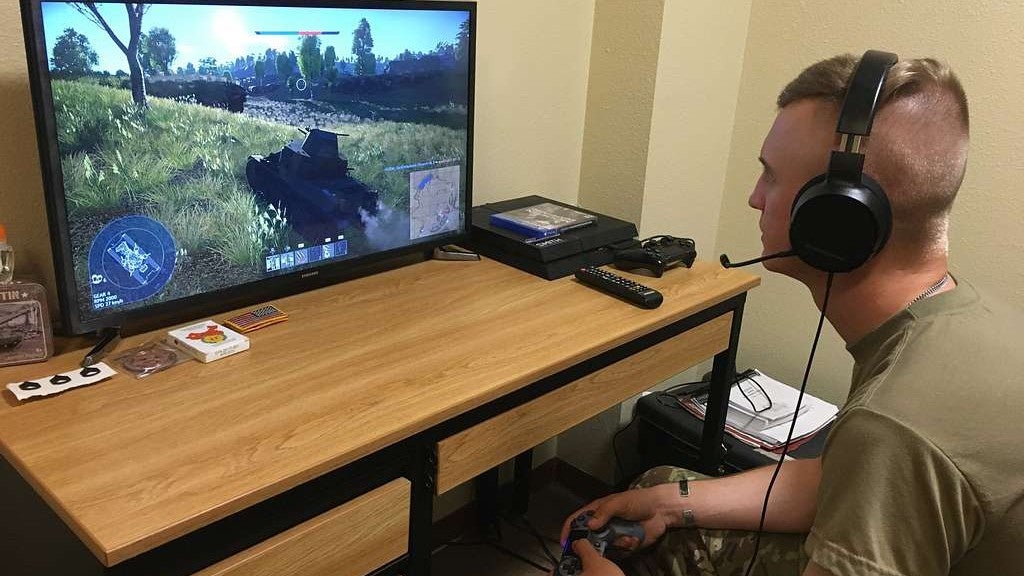TB-30 Epsilon is a single-engine basic military trainer aircraft designed and developed by France-based EADS Socata (formerly known as Aerospatiale) for the French Air Force (FAF). It was derived from the TB-10 Tobago light aircraft. Approximately 174 Epsilons were produced between 1983 and 1989.
Operators of the aircraft include the French Air Force, Portuguese Air Force, Togolese Air Force and Senegalese Air Force.
TB-30 Epsilon development
The FAF announced its requirement of a new propeller-driven basic trainer, to supersede their Fouga Magister aircraft, at the Farnborough Airshow in September 1978. Socata proposed its TB-30A and TB-30B aircraft, while GEPAL proposed its GEPAL Mk II aircraft, to meet the FAF’s requirements.
The TB-30B was selected by the FAF in February 1979. Socata was awarded a contract to develop two prototypes and two ground test TB-30 airframes in June 1979. The maiden flight of the first and second prototypes took place in December 1979 and July 1980 respectively. The TB-30 exhibited poor handling characteristics during its flight tests.
To fix this problem, the TB-30 was redesigned with new swept back fin, appended by a ventral strake and a larger tailplane. The wings were fitted with elliptical tips extending the wingspan from 7.4m to 7.5m.
The maiden flight of the overhauled prototype was completed in October 1980.
The FAF approved a manufacturing programme in January 1982 to acquire 150 Epsilons, at the rate of 30 aircraft each year. The first TB-30 production aircraft took off for its maiden flight in June 1983. It entered service with the FAF in September 1984.
Orders, deliveries and design of TB-30 Epsilon
The FAF’s order for the first batch of 30 TB-30s was placed in March 1982. Deliveries began in 1983. All the 150 TB-30s under the manufacturing programme were delivered by 1989.
The Togolese Air Force ordered three Epsilons in June 1984. Deliveries concluded in 1986.
An order for 18 TB-30s was received from the Portuguese Air Force in October 1987. The first aircraft was delivered in January 1989. The remaining aircraft were locally foregathered in Portugal by OGMA, a Portuguese company engaged in the maintenance of aircraft and aircraft engines. The Senegalese Air Force operates two TB-30 Epsilons.
The TB-30 has low wing cantilever monoplane design with an all-metal airframe. The tricycle type retractile undercarriage design allows the aircraft to take-off from and land on unprepared airstrips or grass runways, even in hostile conditions.
The aircraft can carry out complete basic flight training, including aerobatics, instrument, night, formation, combat manoeuvres and visual flight rules, or instrument flight rules navigation.
Cockpit of the French Air Force’s trainer aircraft
The spacious cockpit of the TB-30 accommodates two flight crew members, a student pilot and a flight instructor in a tandem seat configuration. It is enclosed by a bubble shaped plexiglass canopy to meliorate visibility.
The cockpit is equipped with two adjustable ejection seats, a head-up display, global positioning system, mission computer and multifunctional display.
Armaments and engines of the single-engine basic military aircraft
The TB-30 Epsilon is armed with two 7.62mm general purpose machine gun pods which can fire munitions at the rate of 500 to 600 rounds a minute. The machine gun has 853m/s muzzle velocity and weighs 10.5kg.
The aircraft has four underwing hardpoints, which can carry up to 480kg of weaponry including four 68mm six rocket tubes or two 120kg light bombs.
The TB-30 Epsilon is powered by a single Lycoming AEIO-540-L1B5D six cylinder air-cooled horizontally opposed engine, driven by a two-bladed variable pitch constant speed Hartzell HC-C2YR-4 propeller.
The engine is mounted in the nose section and can generate 225kW of maximum output power.
The AEIO-540-L1B5D is equipped with RSA-10DB1 fuel injection system, ALU-8421-LS alternator, D6LN-3031 magneto, LW-16471 starter ring gear, RHM38E spark plug, RG17980-P fuel pump and DYNAFOCAL mount preparation unit.
Performance of EADS Socata’s TB-30
The TB-30 can climb at the rate of 9.4m/s. The never exceed and maximum speeds of the aircraft are 520km/h and 380km/h respectively. The cruise speed is 358km/h and the stall speed is 117km/h. The range and service ceiling are 1,295km and 6,900m respectively. The maximum endurance is three hours and 45 minutes.
The Global Military Aircraft Market 2011-2021
This project forms part of our recent analysis and forecasts of the global Military Aircraft market available from our business information platform Strategic Defence Intelligence. For more information click here or contact us: EMEA: +44 20 7936 6783; Americas: +1 415 439 4914; Asia Pacific: +61 2 9947 9709 or via email.

